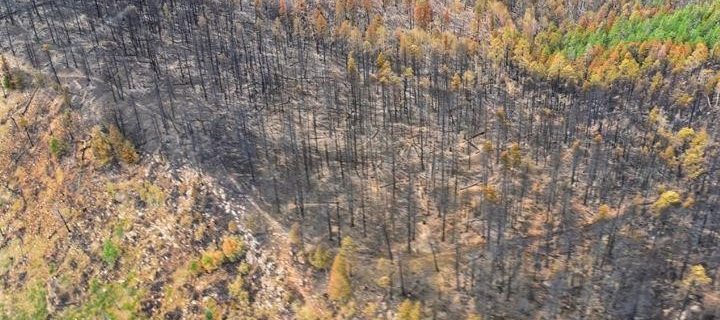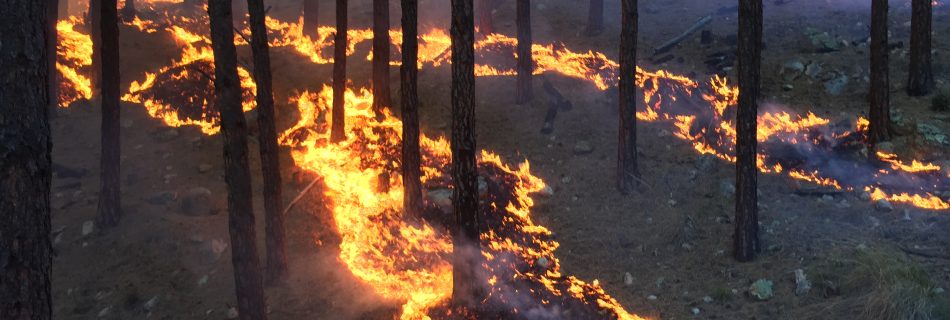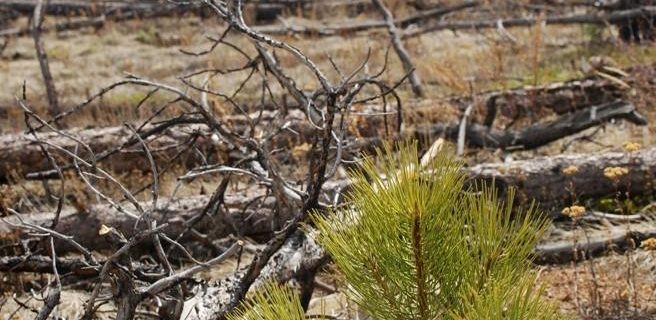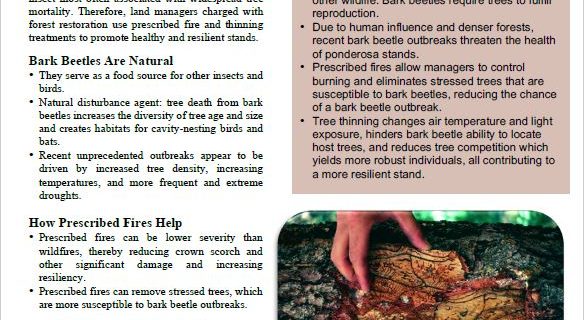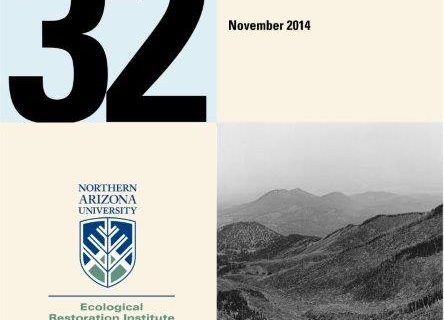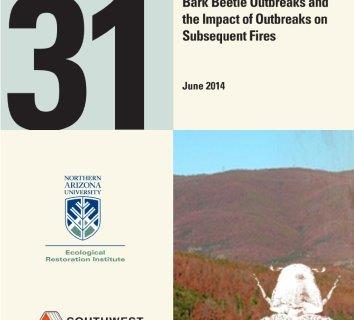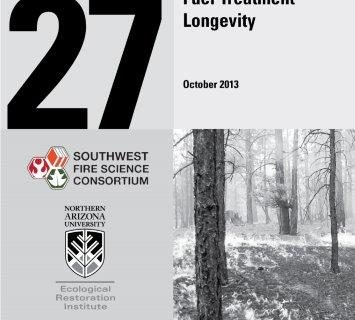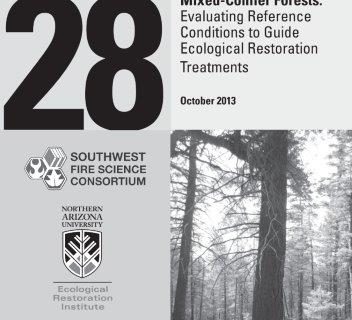Oct 16, 2019: Contributions of fire refugia to resilient ponderosa pine and dry mixed-conifer forest landscapes
Presenter: Jonathan Coop, Western Colorado University Date: October 16, 2019 11am AZ/12pm MDT In western North America, ponderosa pine and dry mixed-conifer forest types appear increasingly vulnerable to wildfire-catalyzed conversion to alternate and non-forest vegetation types. However, unburned or only lightly impacted forest stands that persist within burn mosaics—termed fire refugia—may sustain a range critical …

